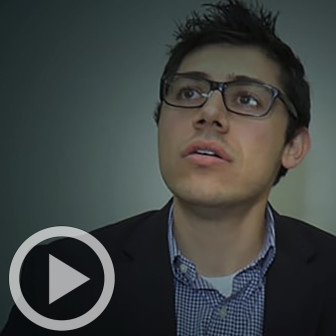ATLANTA — President Obama addressed the country’s growing opioid addiction epidemic at a panel discussion in Atlanta Tuesday, stressing to the 2,000-plus listeners that addiction is an illness and not a moral shortcoming.
He also emphasized that more people are dying each year from opioid overdose than from car crashes.
The panel, moderated by CNN medical correspondent Dr. Sanjay Gupta, featured a young man who shared his story of becoming addicted to opioids as a youth, according to attendees.
The president’s participation in the National Rx Drug Abuse and Heroin Summit elevates awareness and discussion of the national problem.
“It’s really important to have a president talk about addiction as a disease rather than as a moral failure,” said Rebecca Salay of Washington, District of Columbia, who was at the panel discussion. “There’s no one more important to influence the conversation.”
Two weeks ago, that agency recommended that doctors first try aspirin or ibuprofen to treat pain. While nonbinding, that recommendation is likely to be followed, many experts said at the time, because of the weight of the CDC.
The CDC has identified several groups who are most at risk for heroin addiction, and one of those groups is young people 18 to 25.
The percentage increase of heroin users in that age group from 2002-04 and 2011-13 is higher than for any other age group — 109 percent.
In addition, deaths from opioid overdose in that age group has skyrocketed.
In the face of such startling numbers, medical professionals and those who work with young people are seeking solutions.
Sam Zamirripa, an attendee from Atlanta whose company Intent Solutions has created a dispenser that helps monitors when and how much medication a person is taking, said he supports Obama’s efforts to destigmatize addiction.
“Most important, we can’t blame them [people with substance abuse disorders]. We have to treat them with respect,” he said.

































